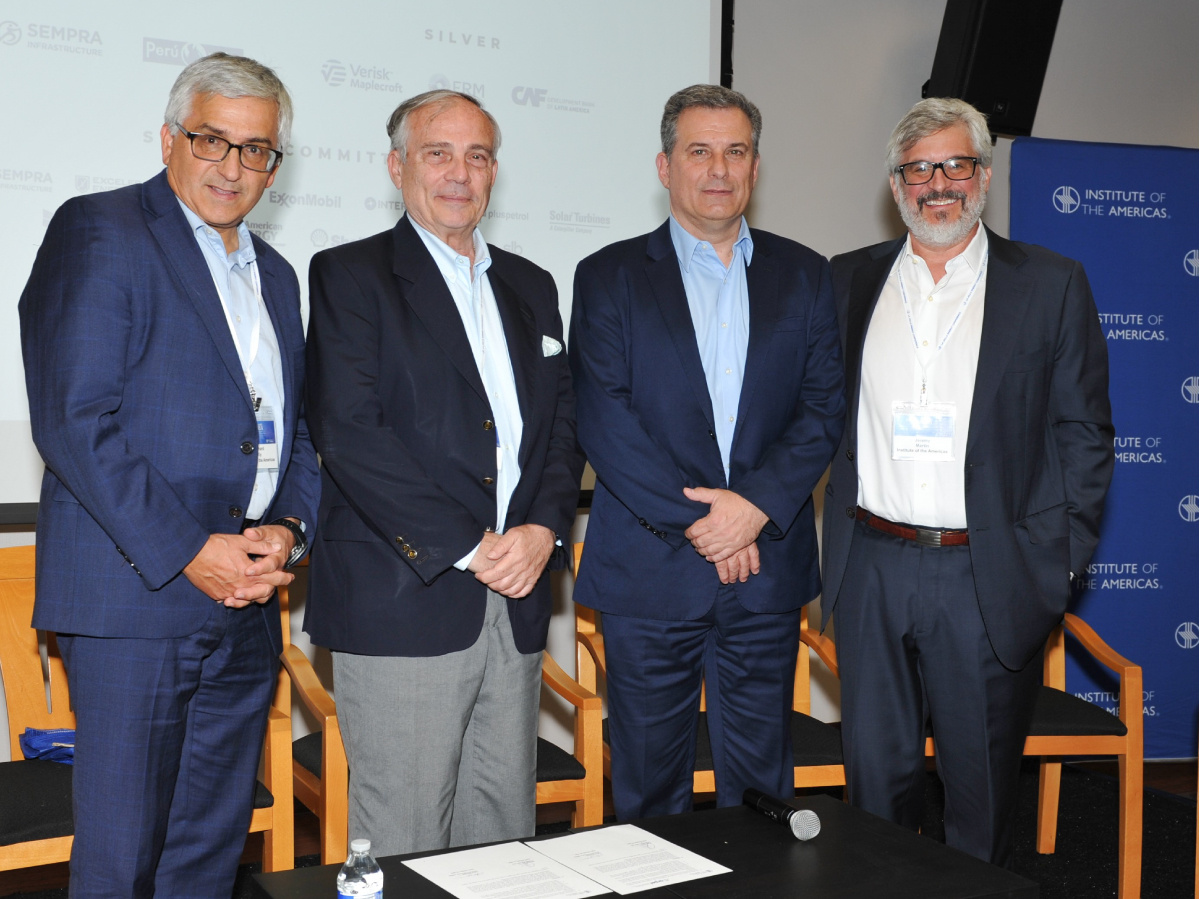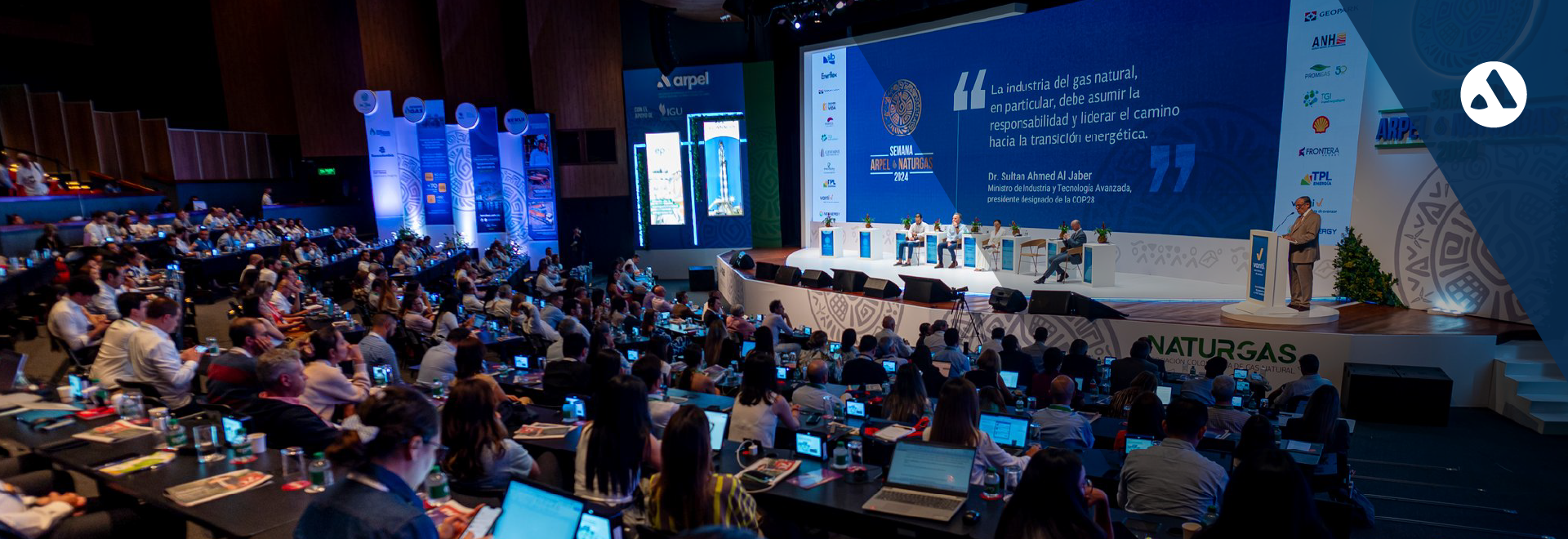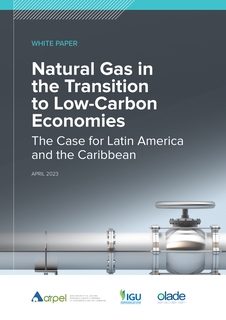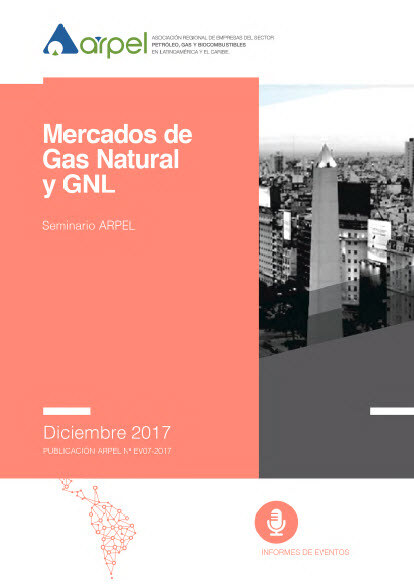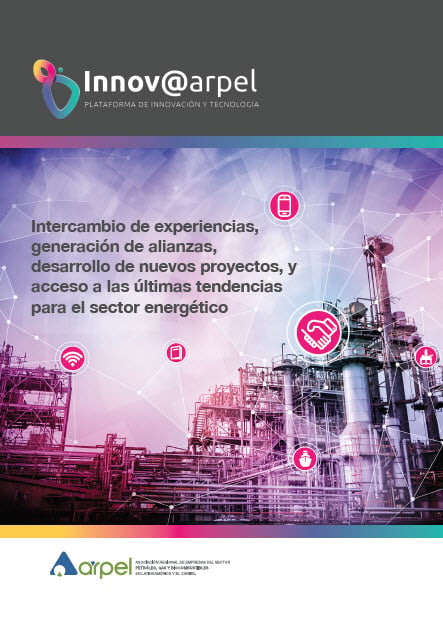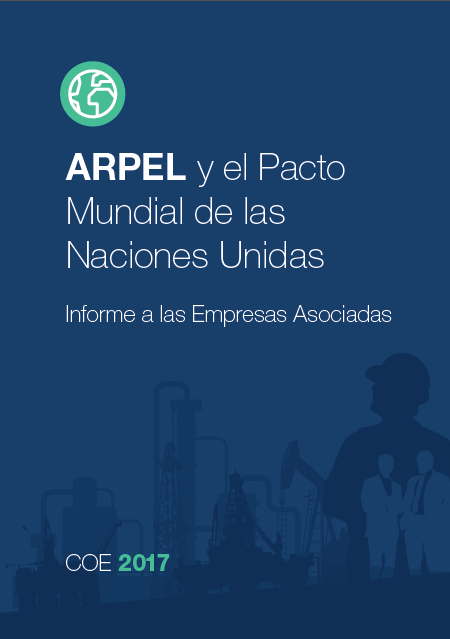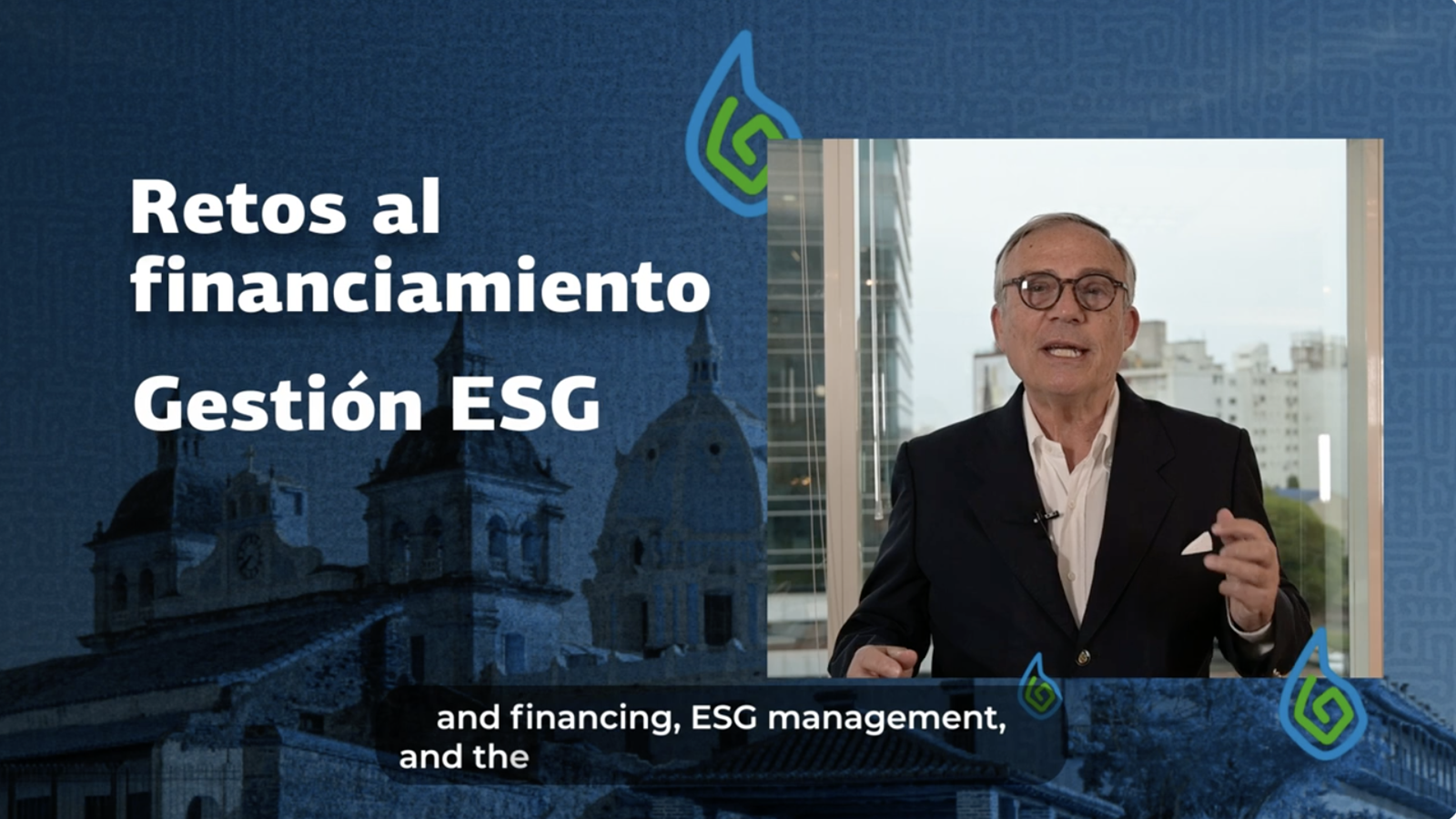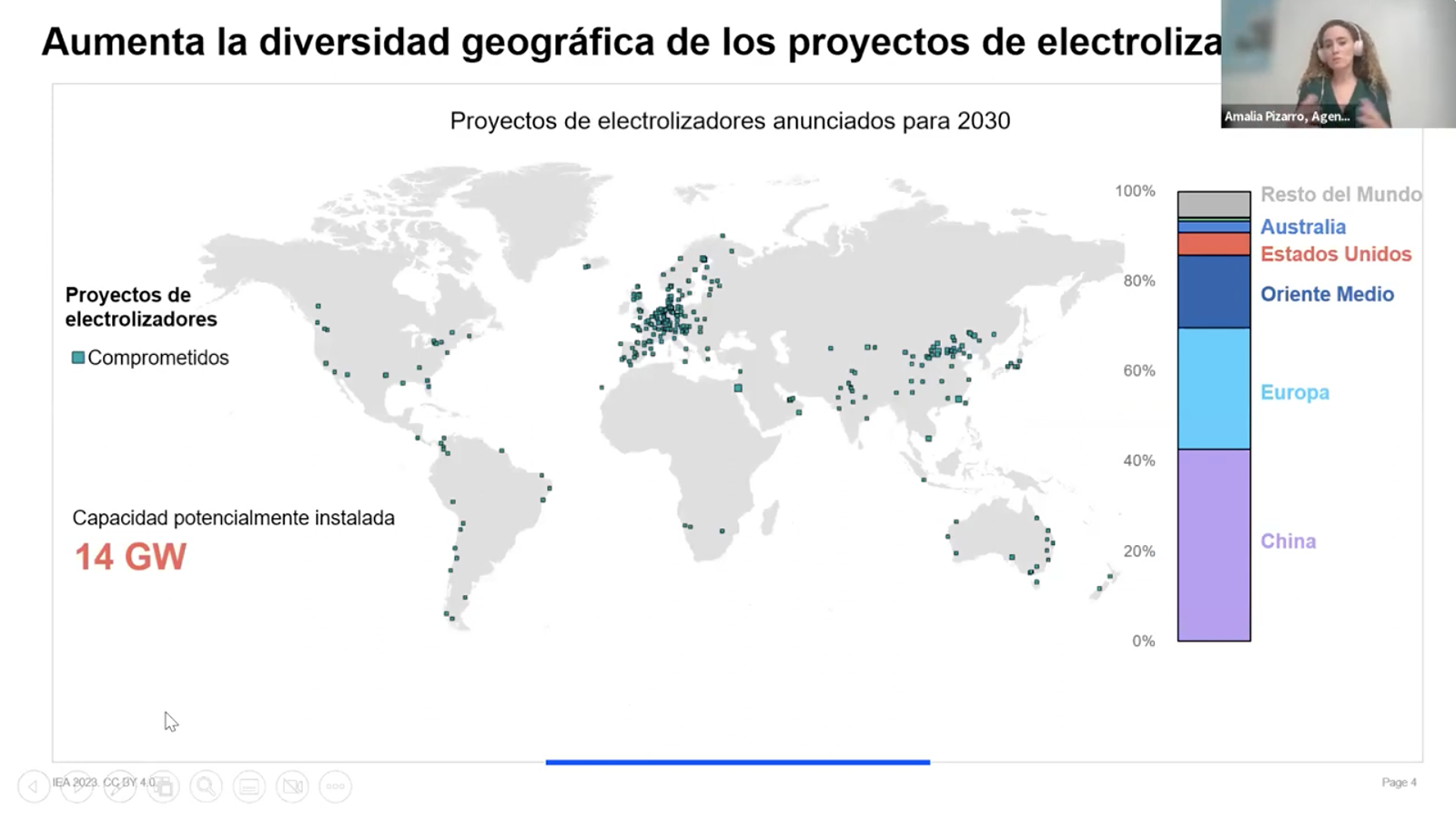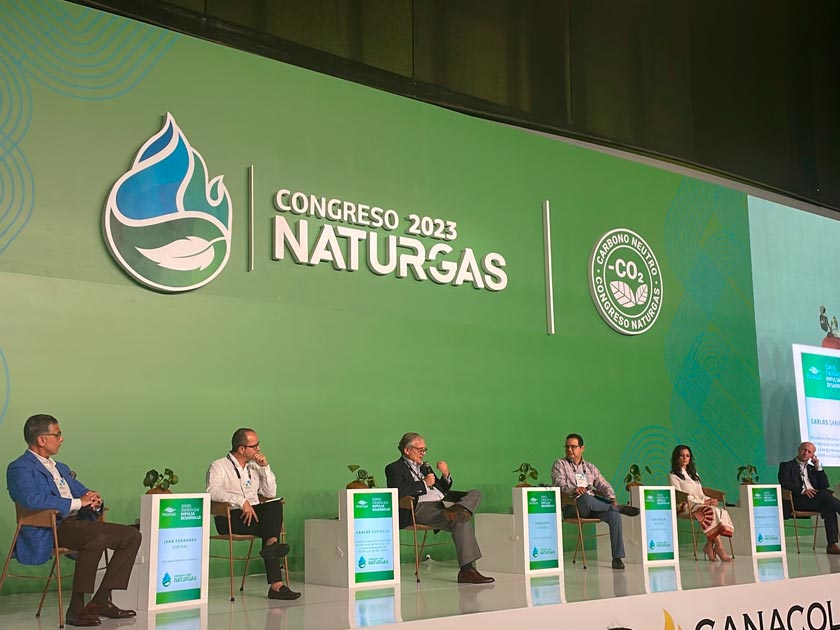
The city of Barranquilla hosted the 25th edition of the Congress of the Colombian Association of Natural Gas (Naturgas), which took place from May 24 to 26 and brought together representatives of the entire natural gas sector chain.
Arpel was represented by Carlos Garibaldi, Executive Secretary of Arpel, together with Pablo Ferragut, Managing Director and coordinator of the Association’s Gas Committee.
Garibaldi gave a lecture in the panel addressing the topic “Natural Gas: New Perspectives and Strategies in Latin America,” which was also formed by Andrea Stegher, Vice President of the International Gas Union (IGU); Juan Fernando Espinal, Representative of the Chamber; Carlos Cortés, Regional Coordinator for Latin America and the Caribbean of IGU, and Luz Stella Murgas, President of Naturgas.
During his presentation, the Executive Secretary of Arpel stated that “natural gas is at the intersection of energy security and energy transitions and can be the ideal transition partner.”
Garibaldi highlighted the fact that natural gas generates far fewer GHG emissions than coal or petroleum-based fuels, and is an energy source that is continuously available, relatively inexpensive and secure, and with fully proven associated technologies.
“It can also provide a cleaner, more reliable matrix base that is synergistic with interruptible renewable energies such as hydro, solar and wind,” he said.
“Our region’s key opportunity and role is to provide gas for decarbonization and energy security, both in its domestic, regional and, if substantial surpluses are achieved, international markets,” Garibaldi pointed out.
To open the panel, the IGU Vice President presented the White Paper “Natural Gas in the Transition to Low Carbon Economies - The Case of Latin America and the Caribbean,” recently prepared and launched by Arpel, IGU and the Latin American Energy Organization (OLADE).
To learn more about the white paper on natural gas, please visit the following link: https://arpel.org/article/white-paper-natural-gas-transition-low-carbon-economies-case-latin-america-and-caribbean/




